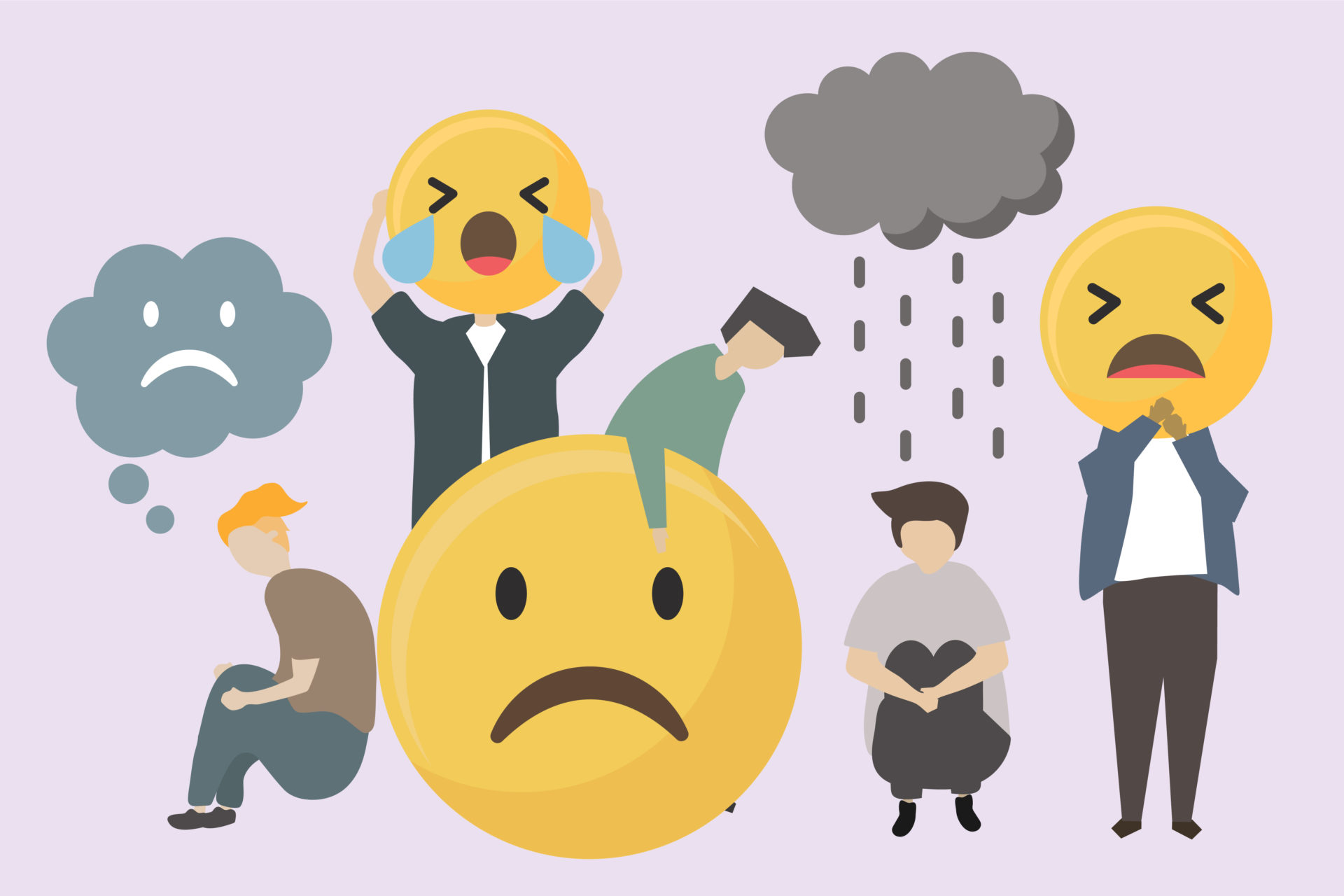What is psychological trauma? Psychological trauma is an emotional reaction resulting from the impact of personally significant information on a person's psyche, which leads to long-term negative emotional experiences.
The reason any event can cause psychological trauma. Such events are wars, acts of terrorism, natural disasters, accidents and accidents, physical, emotional and sexual violence, serious illnesses and medical operations, situations of loss, grief, interpersonal conflicts, etc.
Signs of psychological trauma: constant discomfort, mood swings, irritability, apathy. A feeling of weakness, anger or resentment, inattention and inability to concentrate. Insomnia and nightmares. Muscle tension. Feelings of causeless fear, anxiety states. A person is afraid of sounds or images that remind of a traumatic event. Loss of faith in human decency, friendship. Closed-mindedness Violation of attention. Feelings of guilt or shame. The individual loses confidence in himself and his future, etc. All these feelings and symptoms last from several days to several months and can disappear as the trauma settles. But even when a person gets better, painful feelings and memories can still surface, especially on the anniversary of the event or if the situation is recalled by an image or sound.
The strength of psychological trauma depends on several factors, which make a person's reaction to the same event individual.
They include:
the significance of the event that caused the injury;
stress resistance of the individual;
support in a difficult moment;
timely help, as well as treatment of psychological trauma.
The destructive force of psychotrauma is determined by the subjective significance of the traumatic event for the individual, the strength of the spirit or the degree of his psychological security, resistance to life situations or other factors.
How to help yourself overcome psychological trauma?
Give yourself time. It may take some time for you to accept what happened or learn to live with it.
Don't be alone. Numerous studies have shown that being around other people reduces the likelihood of mental health deterioration after a traumatic event. If you live alone, moving in with family or friends is a good solution. Try to communicate more - with friends, relatives, people who understand you.
Talk about your emotions and feelings that you are experiencing. Do not refuse help, even if it seems to you that you are not understood. You should determine what will help you feel better and occupy your mind (cooking, reading, playing with friends and animals, etc.). This will prevent you from diving into traumatic experiences and memories. If you find it difficult to speak, try writing down your thoughts and feelings on paper.
Engage in daily activities, physical labor - this will help you to distract yourself. Try to stick to the usual routine of the day - go to bed and wake up on time, do everyday things, meet friends, attend various events.
Seek help from a psychologist. Psychological help is most effective only when a person is consciously convinced that he needs it. Very often you can meet with a contemptuous attitude towards psychological injuries and their consequences. But no one can argue with the fact that psychological injuries affect the future life of a person, the formation of life values, thoughts and actions.

